A week in the life of a CBS student
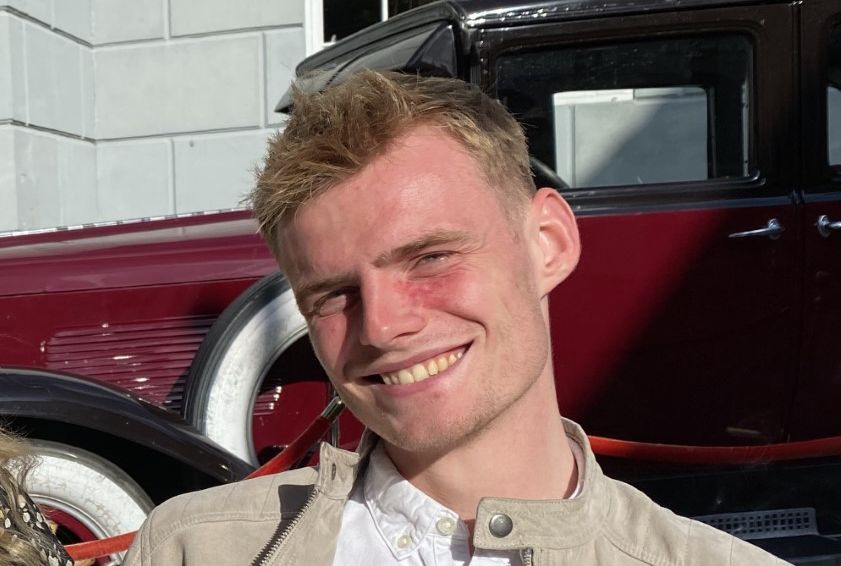
Magnus Juhl, BSc in European Business. Photo: Private.
Want an exclusive glimpse of how another student has organised his everyday life? CBS Wire asked a student to journal what he did for a whole week. Learn about Magnus’ busy life juggling studies, political campaign work, sports – and dating. And tips from a CBS student guidance counsellor on how to structure your day.
If you are the type to look around a lecture hall and wonder how your fellow students manage to fit everything into a normal week, this article is for you.
Magnus Juhl, a third-semester student taking a BSc in European Business, has generously given us a view of what a week of his life looks like and how he finds time for studying, working, extracurricular activities and a social life.
His diary is from week 43 (Monday 24 – Sunday 30 October 2022) which was a little different to usual because the Danish parliamentary election was coming up and Magnus was doing volunteer work for one of the candidates.
Monday
07:00: Alarm went off. Felt super tired, chose to sleep for a couple more hours.
09:20: Had breakfast and an ice-cold shower, hurried to class.
09:50–11:30: Lecture on ‘Business and European Governance’ at Dalgas Have.
11:30–12:30: Went to Solbjerg Plads for lunch, said hello to some people and got some advice at the Student Hub about deferring an otherwise obligatory exchange trip abroad if I run for a management or presidential position at CBS Students. It was the first time I had spoken to Student Hub, but it was great that I could get the advice I needed in only ten minutes.
12:30–13:30: Went home, just enough time for catching up on a pre-recorded lecture on ‘Financial Accounting’. I like how the pre-recorded lectures mean I can change between different styles of learning – and, of course, they give more freedom to watch the recordings in my own time.
13:30–15:00: Surprise birthday party for a political candidate I’m volunteering for.
16:00–17:00: Voluntary work for the student organisation CBS Students. I am organising a debate with parliamentary candidates here at CBS.
17:00–17:30: Fell asleep while watching another online lecture on ‘Financial Accounting’.
18:00–20:00: Met a cute exchange student, we arranged to meet in the city to study together for a couple of hours.
Tuesday
08:00–10:00: Workshop on Statistics with my study group. I formed the group with four friends from my study field. We were spending a lot of time together anyway and decided that we might as well be a study group.
Besides the professional benefits of helping each other out and gaining a better understanding of the material by going over it together, we also have a lot of fun together, which I think is important. We usually meet up twice a week.
11:00–13:00: Pre-recorded lecture on ‘Political Economy of European States’.
16:00–21:00: Voluntary political work for a parliamentary candidate. I’m volunteering for the candidate Jakob Engel-Schmidt from Moderaterne (the Moderates). I have been following the project that led to Moderaterne since the beginning and was eager to join the campaign.
Even though I knew I would not have as much time for my studies, another four years could pass before the next election, so I wanted to act on this opportunity. As well as supporting a candidate I like, following him has been very educational – great with hands-on experience of political work.
From 21:00: Date.
Wednesday
09:00–13:00: Worked at my student assistant job at the Department of Finance, CBS, where I solve different ad hoc tasks. I heard about the job through one of my classmates and it really showed me the importance of networking. I hope the job will be a good steppingstone for a future entry-level job, for example at the Foreign Ministry.
13:00–15:30: Preparing for a parliamentary election debate hosted by CBS Students. I have been a part of CBS Students since February 2022 and do mainly political assignments for the Director of Politics.
I joined because I wanted to delve into something besides my study field and I would really encourage others to do that as well to find others with the same interests as you – whether politics, arts, sports or whatever.
You need to learn how to study in an academic way and know that you are not a failure if you are still struggling after six months as a student
Thomas Gylling, CBS Student Guidance Counsellor
15:30–17:00: Hosted a political debate at CBS for the upcoming parliamentary election.
17:00–19:00: Meeting with CBS Students regarding an upcoming political conference by Danske Studerendes Fællesråd (DSF) – the national union of students in higher education. Part of my involvement with CBS Students is that I’m the representative at DSF and go to meetings once a month.
20:00–22:00: Hung out with a friend.
Thursday
08:00: Woken up by workmen who needed to enter my apartment. I figured it was probably a good time to prepare for the upcoming class in a couple of hours by reading the case exercise.
10:00–12:30: Class on ‘Business and European Governance’.
13:00–16:00: Studying for ‘Statistics’ with a learning-by-doing approach to the assigned exercises, where I do them without going through the slides from the classes or studying beforehand. It’s nice to switch between study approaches so I don’t feel that I’m stuck in a rut.
17:00–22:00: Went to a public meeting with the political candidate I’m supporting.
Friday
08:00–10:00: Class on “Political Economy of European States”. Low turnout, which allowed for more in-depth discussion with classmates – felt almost like a study group meeting.
10:00–15:00: Worked at my student assistant job at the Department of Finance at CBS.
15:00–17:00: Lecture on ‘Financial Accounting’ at Dalgas Have.
18:00–03:00: Went out with friends.
Saturday
Very hung over. Meant to both start and finish a voluntary assignment for ‘Business and European Governance’. I guess I’ll do it tomorrow.
10:00–15:00: Political conference on behalf of CBS Students.
20:00–21:00: Went to play badminton with a friend.
Sunday
10:00–13:30: Political conference on behalf of CBS Students hosted by DSF at Copenhagen University.
14:00–18:00: Went to the CBS Library to work on a voluntary assignment for ‘Business and European Governance’. I finished it earlier than expected, meaning I had both time and energy to play with some exercises from ‘Statistics’.
19:00–20:00: Went for a 10-km run. I try to prioritise exercise and meditation since they are ways for me to clear my mind. I think that is important for everyone, whether it involves sports, meditation, spending time with friends or something else.
How to best organise your time
Magnus’s approach to studying is only one approach. University student counsellors all agree: when you start university, you must figure out a new way to manage your time, as you can’t just copy how you studied in high school.
There is a lot more material to cover at university, and you will come unstuck if you use the same strategy.
“You need to learn how to study in an academic way and know that you are not a failure if you are still struggling after six months as a student,” says CBS Student Guidance Counsellor Thomas Gylling.
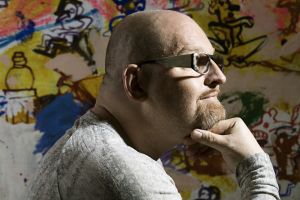
Thomas Gylling, CBS Student Guidance Counsellor. Photo: Lisbeth Holten
According to him, your best option is to plan your day and your week being as realistic as possible. You only have 24 hours in a day, and you need to fit all aspects of your life into your week.
“Relaxing, exercise and seeing friends and family are not bonuses that you are allowed to have once you have finished your work as a student. They are an integral part of life, and you need them to thrive,” he says.
Prioritise classes where you struggle
He believes that if you have a class where you are really struggling, you should focus on that.
You might not get such a good grade, but you will get through.
However, if it becomes too overwhelming, speak to a guidance counsellor about deferring a class.
Switch off your phone when you are studying. It is so distracting, and it will take you a long time to focus again afterwards
Thomas Gylling, CBS Student Guidance Counsellor
As for study techniques, Thomas Gylling believes that you should experiment with different ones when figuring out your own style. Do you prefer to study alone or with others? At home or at CBS? Do you prefer reading in short bursts or for extended periods?
And then his final tip is:
“Switch off your phone when you are studying. It is so distracting, and it will take you a long time to focus again afterwards.”


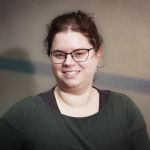

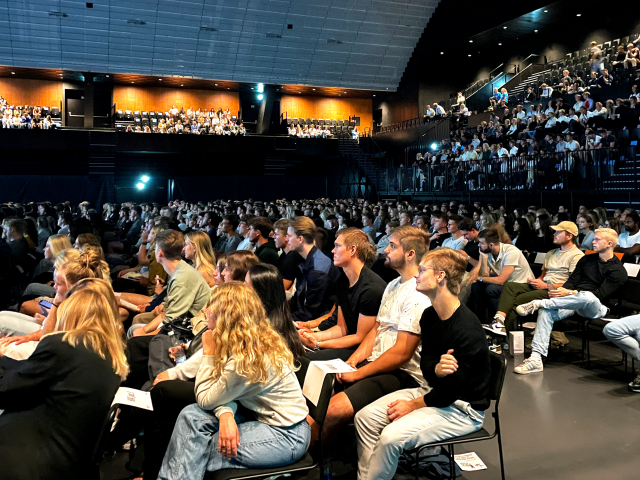

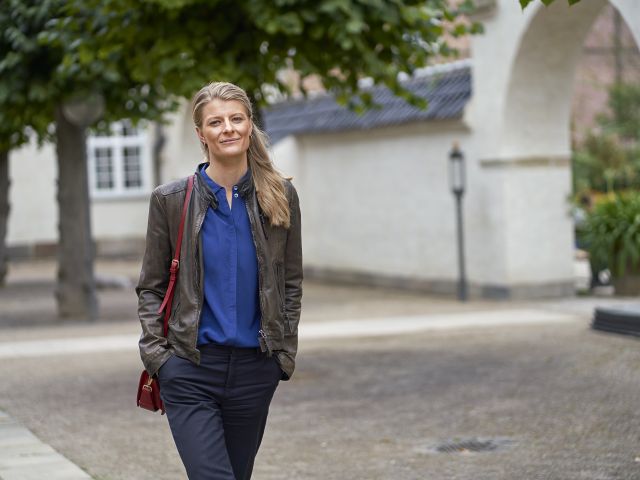
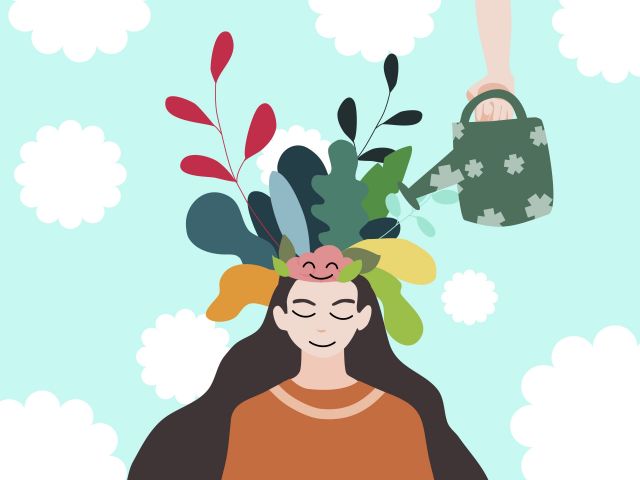
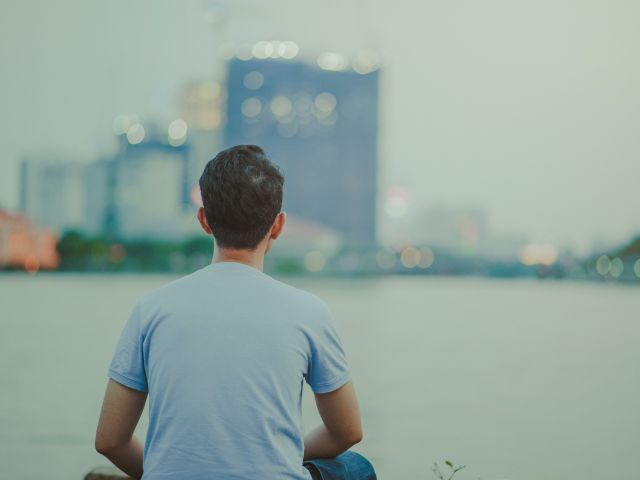
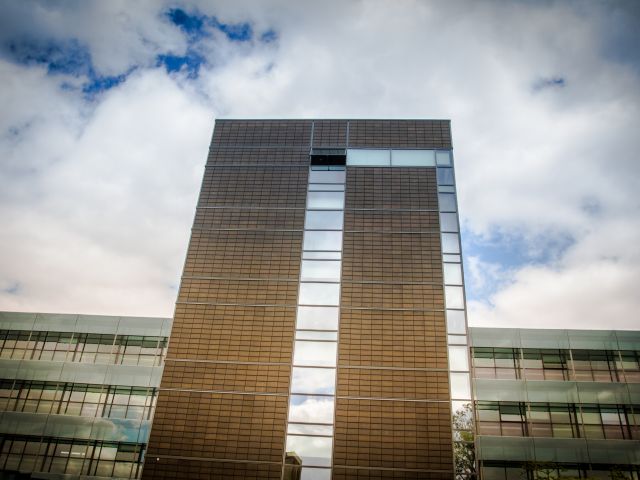




























































































































Comments